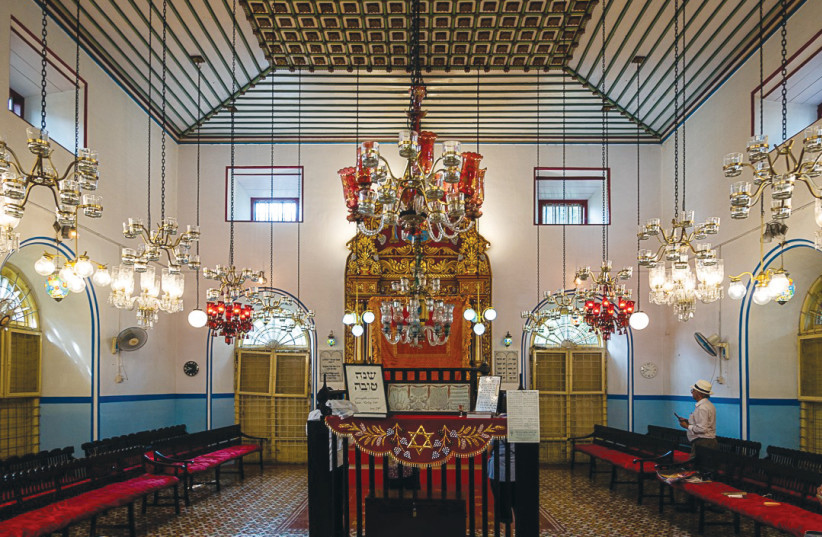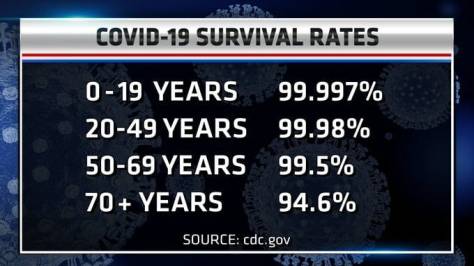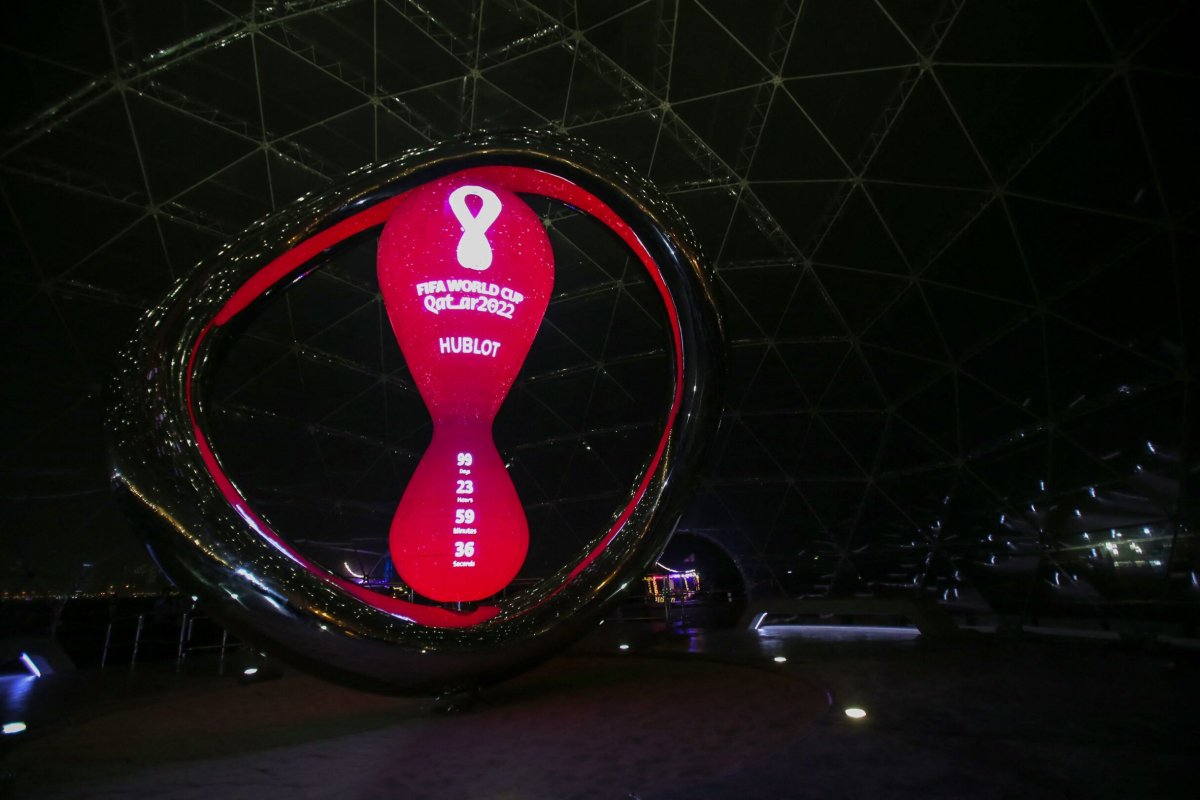
India presents visitors with a mouthwatering array of attractions and destinations: The shimmering palaces, distinctive cultures and multifarious delicacies make the subcontinent a tourist heaven. True, one has to cover vast distances to see the highlights, but a range of domestic flights makes it easy to get around. For the more intrepid traveler, the packed trains and rickety buses make the getting there an unforgettable experience.
While the Jewish traveler will likely want to see the Taj Mahal, Red Fort and perhaps the holy city of Varanasi, the country’s Jewish heritage is rich and much of the historic infrastructure remains intact.
Today, the Jewish community numbers just 3,800, which is 0.0004% of India’s 1.3-billion population. Among them is Joshua Shapurkar, a born and bred Mumbaian. He was a licensed tour guide for 25 years until he set up Jewish India Tours some seven years ago. A self-declared foodie, Shapurkar loves his hometown.
“I travel a lot around the world and across India, of course, but I always come home and can’t see myself living anywhere other than Mumbai,” says Shapurkar, who speaks with a musical Indian lilt.
The city is rightfully dubbed the Gateway to India, with six-million tourists passing through annually. There is a literal gateway on the waterfront – a triumphal arch built in the Indo-Saracenic style – constructed to commemorate the 1911 visit of King-Emperor George V. It was from here the last British troops left in 1948 after India gained independence.
The city offers museums, art galleries, bars, upscale restaurants and of course people to watch – 18 million of them. If movies are your thing, you may want to seek out some film production. Mumbai is the heart of Bollywood, and you may want to seek out a production.
Shapurkar will show you all this and much more, but his value added passion in the city and beyond is the Jewish heritage. The tours start in Mumbai by introducing travelers to the Bnei Israel and Baghdadi Jewish communities. If tourists are not making the two-hour flight south to Cochin, then Shapurkar tells their story here too.
if(window.location.pathname.indexOf(“656089”) != -1){console.log(“hedva connatix”);document.getElementsByClassName(“divConnatix”)[0].style.display =”none”;}
It is widely believed the Bnei Israel arrived in India more than 2,000 years ago during the reign of Antiochus, just before the Hanukkah story. Legend has it that a boat bringing them south was shipwrecked off Mumbai and only seven families survived. Shapurkar is a descendant of one of those families.
With time, many of their traditions were lost, but they were known locally as the Shanivar Teli, or Saturday Oil Pressers, because they never worked on Saturdays. They were discovered by a Cochini Jew in the 16th or 17th century. He began training them in the ways of Judaism.
Shapurkar tells these and other tales during several synagogue visits including to Shaar HaRahamim, the oldest of the Bnei Israel synagogues, built in 1796.
The Baghdadi Jews actually included immigrants from Syria and Persia. Their community was formed of traders, with records going back to the 1600s of Jewish merchants sailing to India. They rose to prominence with the arrival of the Sassoon dynasty, and with their textile and banking interests. The family built many beautiful Victorian and classical-revival style buildings in the city. Tours visit some of these buildings and the Baghdadi synagogues, which Shapurkar’s groups use for Shabbat services.
Cochin too has a very rich Jewish history dating back more than 2,000 years. It is said King Solomon’s ships visited this part of India to buy silk, ivory and precious stones. Somewhere between 1,200 and 1,700 years ago, a local king granted 72 rights, including tax-exempt status to Cochini Jews. When the Portuguese invaded and attacked the region’s Jews, the maharaja stepped in and offered the community sanctuary in a designated tract of land. In the subsequent years, Jews migrated to Cochin from the Iberian Peninsula and the Netherlands and built a synagogue in 1568 that still survives, replete with golden Torah crowns and magnificent chandeliers. Tour groups also visit 16th and 17th century synagogues in villages around the Kerala region of southern India. These are now museums.
If visitors have time, the next Jewish destination is the Baghdadi community of Calcutta, which dates back to the end of the 1700s. They prospered as a result of their trading – sending emissaries to Mumbai, Colombo, Burma and beyond. Shapurkar takes tourists to three of the numerous synagogues in the city.
While his tour company can arrange kosher food for groups, Shapurkar points to the “pure vegetarian food on every street corner, which means no eggs and no meat products. Some of the restaurants are owned by members of the Jain religion who don’t even kill insects.”
Shapurkar adores Jewish India but he also loves the country as a whole and encourages visitors to drink it all in from the great tourist sites that attract millions to experiencing the incredible hubbub of the masses as people go about their daily business and he says you are bound to get a warm welcome from citizens of one of the friendliest countries.
India Factfile
In non-COVID times, there are many routes between India and North America, while Air India Flies from New Delhi to Ben-Gurion three times a week and El Al flies into Mumbai four times weekly.
A prepaid taxi will take you from Mumbai Airport downtown in around 60 minutes. Price: US $12 (approx.)
It takes around 40 minutes from New Delhi airport to downtown by prepaid taxi. Price: US $10 (approx.)
Chabad house and Keneset Eliyahoo Synagogue at Mumbai provide kosher meals on Shabbat. Kosher meals can also be arranged in Delhi.Mark and David present the travel edition of The Jerusalem Post podcast. You can listen at jpost.com/podcast.
Related posts:
Views: 0
 RSS Feed
RSS Feed

















 April 4th, 2021
April 4th, 2021  FAKE NEWS for the Zionist agenda
FAKE NEWS for the Zionist agenda 





 Posted in
Posted in  Tags:
Tags: 
















